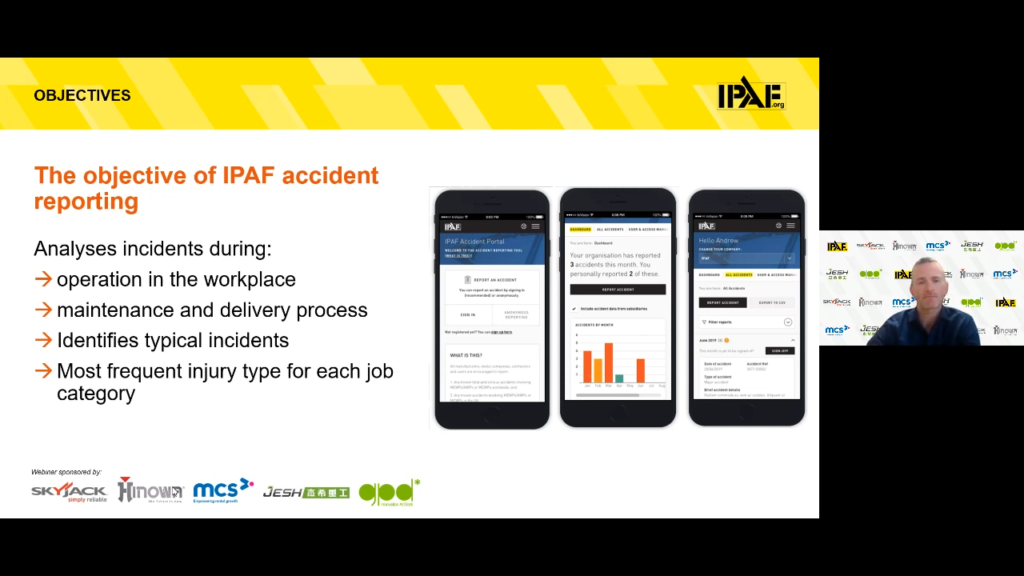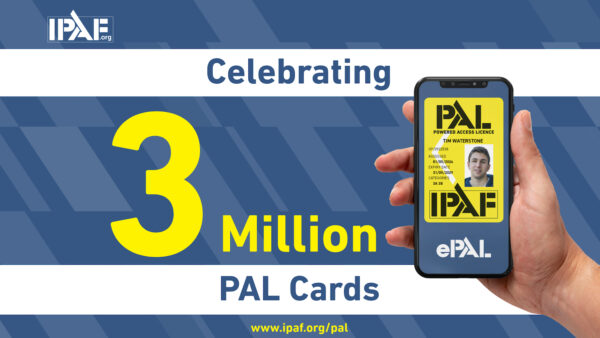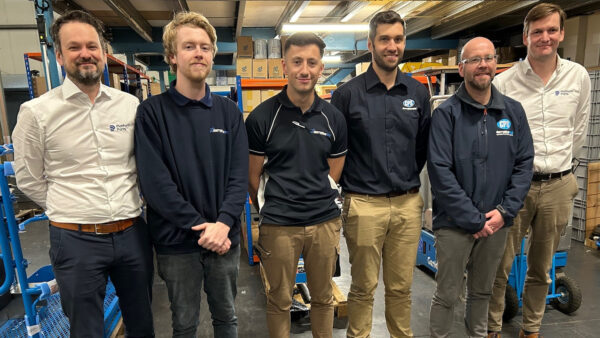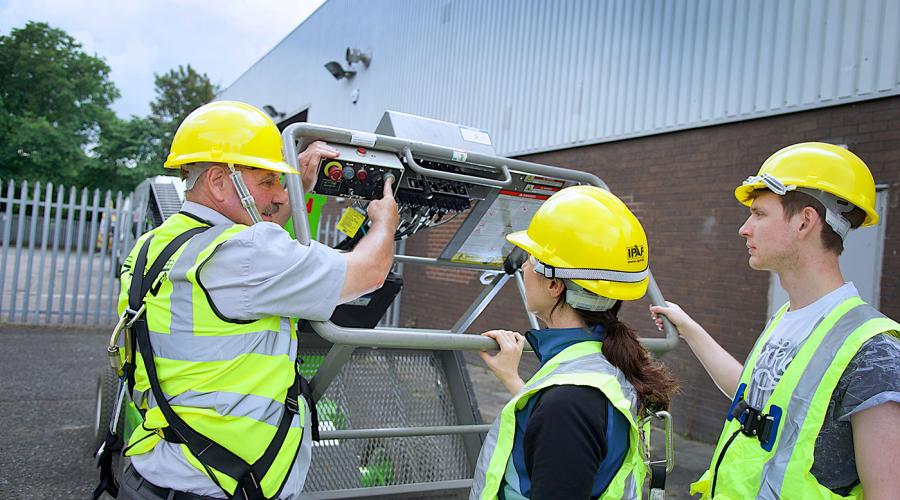
The International Powered Access Federation (IPAF) has launched a major drive to gather the best quality data it can on powered access accidents, with the relaunch of its worldwide accident reporting portal.
IPAF said that by making it easier to report an accident or ‘near miss’, it hoped to gather information that would be “surprisingly useful in preventing more serious accidents”.
The portal (www.ipafaccidentreporting.org) works on multiple devices and allows multiple users per company, with a feature for users to register subsidiary companies.
Coinciding with the launch of the new portal, IPAF hosted a free webinar outlining how IPAF’s worldwide reporting project already helps reduce accidents through intelligence.

The webinar, now available as a recording online via www.ipaf.org/resources, saw presenters outline how IPAF’s worldwide reporting project already helps reduce accidents through intelligence.
Peter Douglas, CEO & MD of IPAF, gave an overview of IPAF’s accident reporting project (www.ipaf.org/accident), which he helped to initiate while serving as a member of the IPAF UK Country Council in 2012, and explained why every IPAF member should be engaged in the intelligence-gathering exercise, which IPAF said could save lives.
The new portal launches in English but will see additional languages added through the rest of 2020. The old portal is available until the end of 2020.
The webinar also reviewed IPAF’s Global MEWP Safety Report 2016-2018, which presents key findings from 25 countries around the globe. All information gleaned through the project from its beginning in 2012 has been used to create safety awareness campaigns and inform the likes of the UK Health & Safety Executive and ongoing All Party Parliamentary Group inquiry into safety at height in the workplace.
Brian Parker, set to join IPAF in October as the organisation’s new head of safety and technical and a key part of IPAF’s Accident Project Work Group, looked in depth at anonymised and previously unpublished data including the latest statistics for 2019.
As an example, he outlined how information relating to accidents leading to injuries and deaths involving delivery drivers showed these almost always involve the loading or unloading process. Acting on the intelligence, IPAF plans to overhaul its Load/Unload Training course for 2021, as it did with MEWPs for Managers training last year after statistics showed many accidents could be traced back to poor planning or oversight of operations.
Peter Douglas said: “Since taking up post as CEO, it has been a key objective of mine to lend renewed impetus to the IPAF global incident reporting project. I’m pleased that increasing numbers of members around the world see the benefits of feeding into this. I’m confident the new portal’s layout and added functionality will only increase take-up.”











